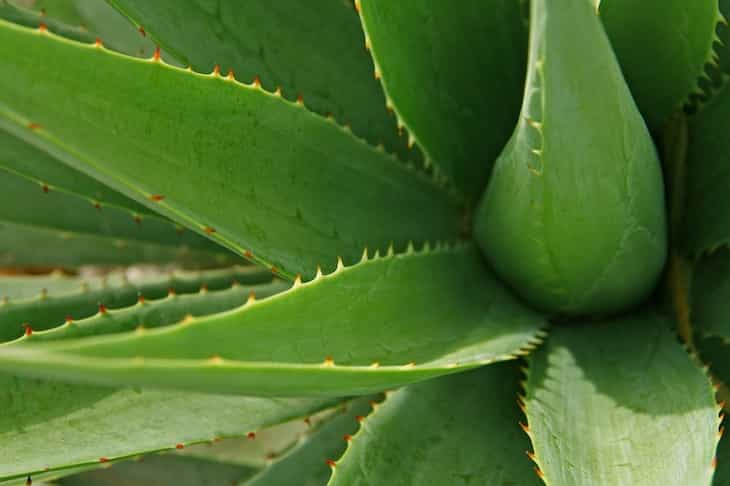Aloe Vera isn't just an exotically-looking plant - it's a very useful plant that can be utilized in many ways!
Instead of buying fresh plants regularly, you can always grow it on your own - but make sure you make no mistakes.
Here are a few mistakes that people make when growing this amazing plant.

Overwatering
Aloe vera doesn't like too much water.
Allow the soil to dry out between watering, and make sure the pot has proper drainage to prevent root rot.
Inadequate Drainage
Aloe vera's roots can rot if waterlogged.
Ensure your plant's pot has drainage holes, and use a well-draining soil mix.
Insufficient Light
Aloe vera loves sunlight. Place it in a bright, sunny spot.
If growing indoors, near a south or west-facing window is ideal.
Wrong Soil Type
Aloe vera prefers sandy, cactus-like soil. Ensure your potting mix is well-draining and slightly acidic.
Standard potting soil can retain too much water.
Ignoring Temperature Preferences
Aloe vera prefers warmer temperatures. Protect it from frost and extreme cold.
If growing indoors, avoid placing it near drafts.
Crowded Roots
Aloe vera can outgrow its pot.
If you notice stunted growth or roots coming out of the pot's drainage holes, it's time to repot.
Over Fertilizing
Aloe vera doesn't need much fertilizer. Too much can harm the plant.
Use a diluted, balanced fertilizer sparingly during the growing season.
Ignoring Signs of Stress
A stressed aloe vera may show signs like discolored leaves or drooping.
Pay attention and adjust watering or sunlight accordingly.
Using Heavy Containers
Choose lightweight pots for aloe vera.
Heavy containers make it harder to control moisture levels and can lead to overwatering.
Not Trimming Dead Leaves
Trim any brown or dead leaves close to the stem.
This helps the plant direct energy to healthy growth.
Recently, we have talked about asplenium.












